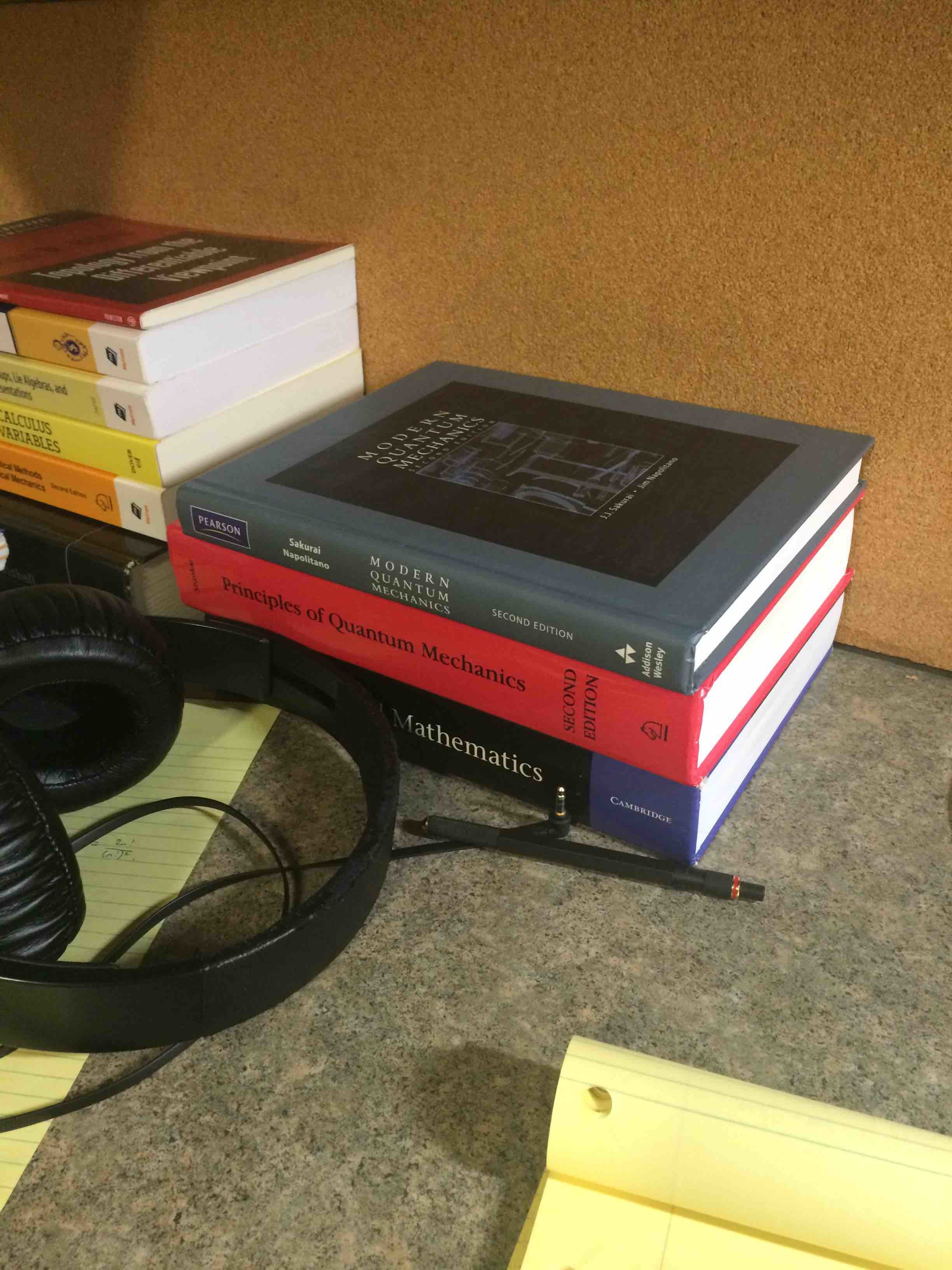user218912
user218912
user218912
user218912
user218912
user218912
user218912
user218912
user218912
user218912
user218912
user218912
user218912
user218912
user218912
user218912
user218912
user218912
user218912
user218912
user218912
user218912
user218912
user218912
user218912
user218912
user218912
user218912
user218912
user218912
user218912
user218912
user218912
user218912
user218912
user218912
user218912
user218912
user218912
user218912
user218912
user218912
user218912
user228700
user228700
user228700
user228700
user116211
user116211
user116211
user116211
user116211
user116211
user228700
user228700
user228700
user228700
user228700
user228700
user228700
user228700
user228700
user228700
user228700
user228700
user228700
user228700
user228700
user228700
user228700
user228700
user116211
user228700
user228700
user116211
user116211
user228700
user116211
user116211
user116211
user116211
user116211
user116211
user116211
user116211
user116211
user116211
user116211
user116211
user116211
user116211
user116211
user116211
user116211
user116211
user116211
user116211
user116211
user116211
user116211
user116211
user228700
user228700
user228700
user116211
user116211










